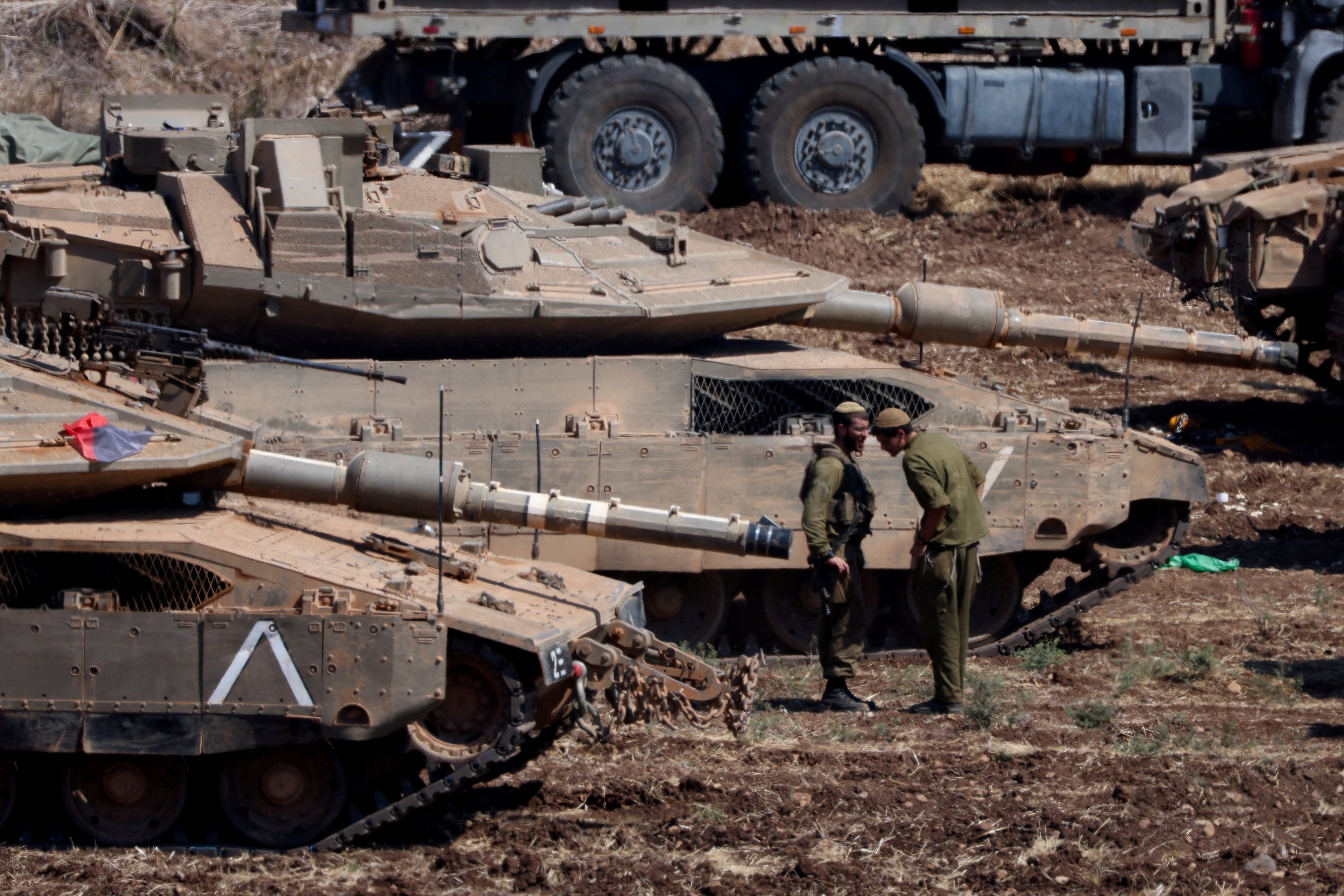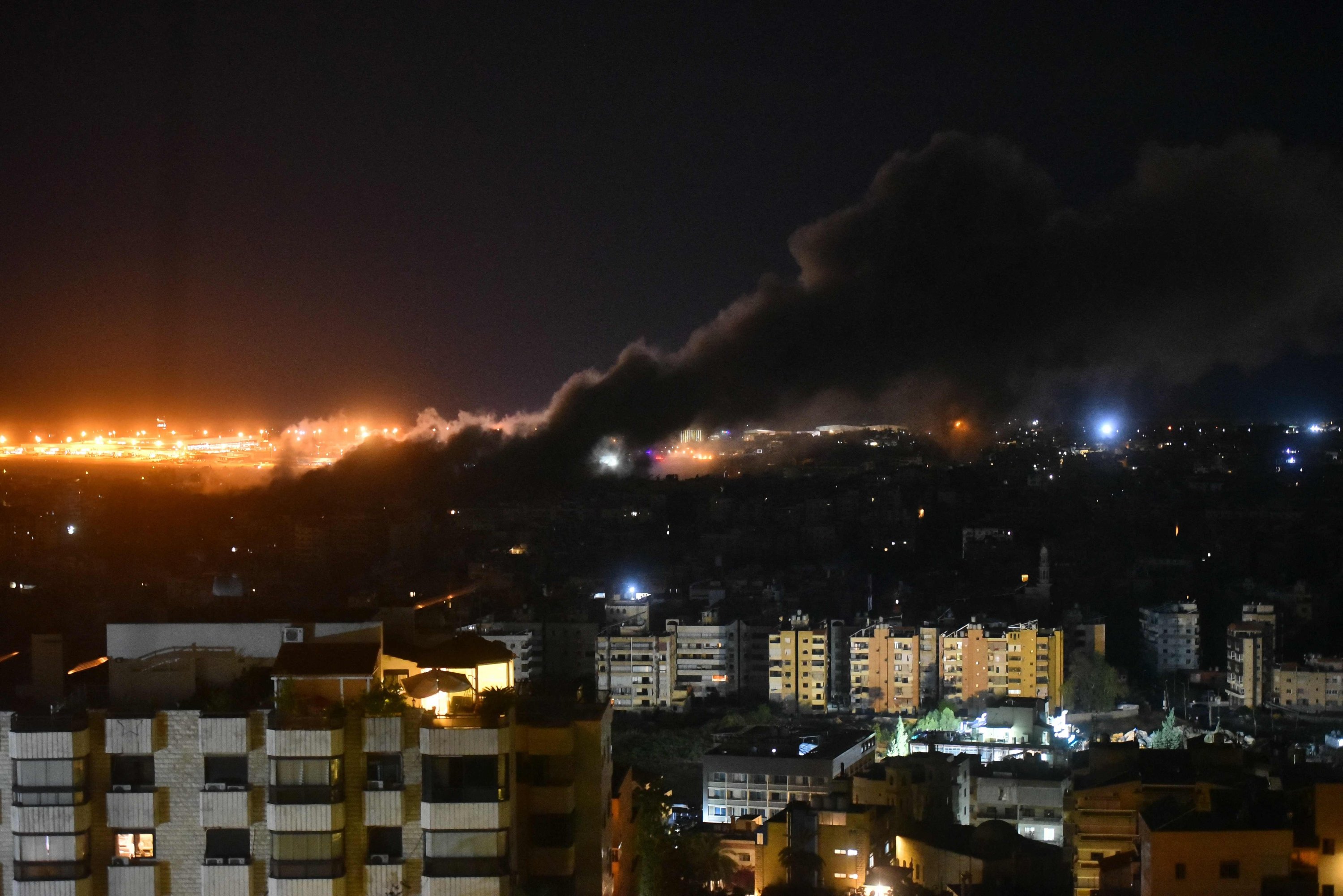Israeli Military Escalates Clashes with Hezbollah in Southern Lebanon
Lebanon Invasion Update: Early Tuesday, the Israeli military conducted “limited ground operations” in southern Lebanon, escalating a yearlong conflict with Iranian-backed Hezbollah. In addition to ground operations, Israel also conducted six strikes on south Beirut and strikes near the capital Damascus in Syria.
Despite calls for de-escalation, Israel remains committed to fighting Hezbollah, declaring a military zone near its border with Lebanon. Following a massive strike in Beirut that killed Hezbollah leader Hassan Nasrallah on Friday, Israeli Defense Minister Yoav Gallant emphasized that the battle is far from over.
Israeli troops, supported by airstrikes and artillery, targeted Hezbollah positions near the border, citing an immediate threat to Israeli communities in northern Israel. The U.S. has expressed support for Israel’s actions in dismantling attack infrastructure along the border.

Deadly Damascus Strikes and International Concerns
As Israel conducted ground raids, Syria reported strikes in the Damascus area, resulting in civilian casualties. World leaders have urged de-escalation, emphasizing the need to avoid a ground invasion and seek a ceasefire.
The conflict has forced hundreds of thousands to flee their homes in Lebanon and caused significant damage in Gaza. Despite the escalating violence, efforts to broker peace have faced obstacles, with devastating consequences for civilians on both sides.

Humanitarian Crisis and International Responses
The conflict has led to a significant humanitarian crisis, with thousands of displaced people and numerous casualties. The U.N. and world leaders continue to call for restraint and a peaceful resolution to the escalating violence.
Amid the ongoing clashes, there is a growing concern about the impact on civilians and the need for urgent intervention to prevent further loss of life and damage in the region.
[ad_2]

